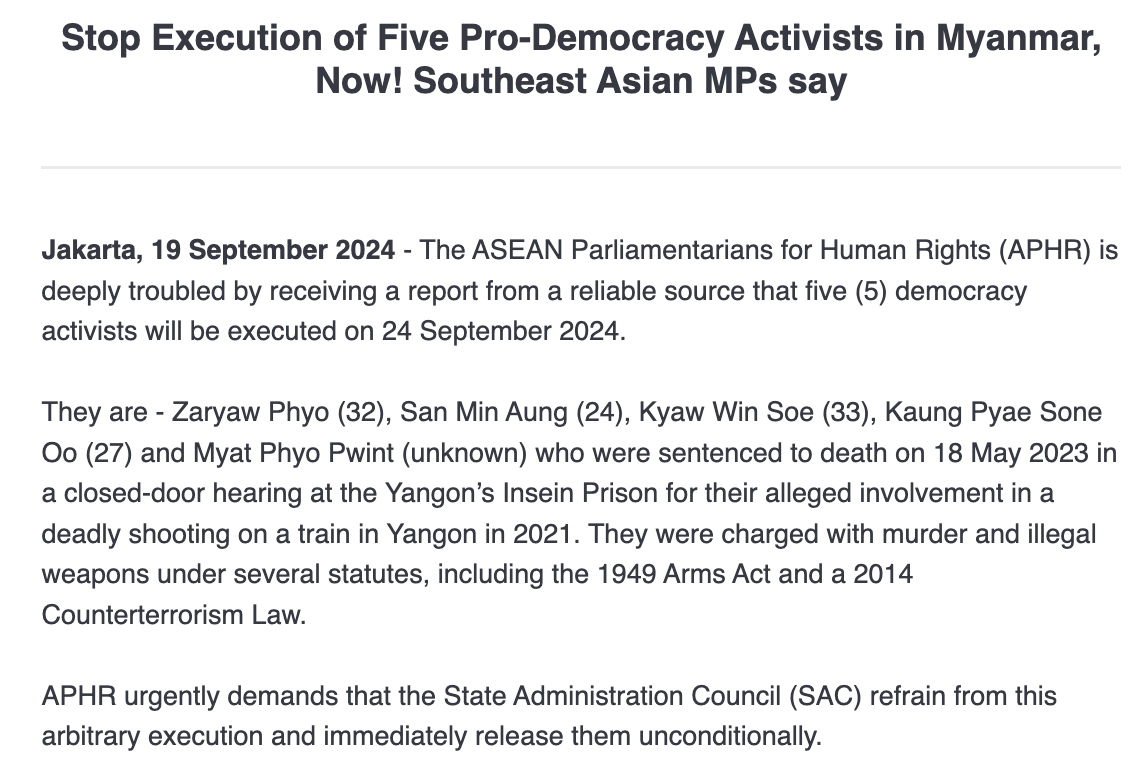I will have been in South Korea for five days when you read this. It’s my first trip to Asia since I relocated to the United States from Cambodia in 2017. I’m on a work trip and won’t have much free time, but I’m still open to suggestions about what I should do in the country (or which skincare products to buy—because I have no idea what’s good or whether K-beauty products are really worth the hype). You can write to me with tips, insights, opinions, etc.: c.maza@protonmail.com.
All of my reporting from Korea will be out when I get home.
This week, Ingrid Cruz has a personal essay for Lazo Magazine about her experience growing up as an undocumented immigrant in Los Angeles, her struggle to understand her Salvadoran origins as a U.S. citizen, and why an emergency diagnosis forced her to settle in Argentina. Over the years, Ingrid learned to use humor to deflect uncomfortable questions about her identity and to forge a new one that felt right for her. It’s a lesson that many of us who move across borders can learn.
You Can Read Her Story By Clicking Here.
What I’m writing:
• I wrote about how Republicans in Washington are turning to the controversial U.S. withdrawal from Afghanistan three years ago to strike out against Vice President Kamala Harris’s foreign policy record. This story is unlocked and free to read.
What I’m reading:
• New Lines Magazine has a report on how keeping big cats has become the latest fad for organized crime bosses in Albania.
• Road Book has an article on why everyone is talking about Vilnius, Lithuania. I am a big fan of Vilnius and I endorse this article.
• A long-awaited plan to help Ukraine rebuild using Russian funds is faltering as the United States and Europe grapple with how to create a $50 billion loan from Russia’s frozen central bank assets while complying with their own laws, the New York Times reports.
• Donald Trump said he will “probably” see Ukrainian leader Volodymyr Zelensky during his visit to the United States next week, Politico Europe reports.
• The United States, Canada, and Britain accused Russia’s global television network, RT, of acting as an arm of Moscow’s intelligence agencies. The New York Times has the story.
• The Biden administration sanctioned two Georgian government officials and over 60 individuals in the state for “serious human rights abuse.”
• Belarusian President Alexander Lukashenko pardoned 37 people serving prison sentences for “extremist” crimes, the Associated Press reports. It marks the fourth time since July that Lukashenko has pardoned political prisoners in what some say is an attempt to soften his image.
• In a historic move, the United Nations General Assembly passed a resolution 124-14demanding that Israel end its “unlawful presence in the Occupied Palestinian Territory” within 12 months, the Washington Post reports.
• Crown Prince Mohammed bin Salman of Saudi Arabia said that the kingdom will not establish diplomatic ties with Israel before the “establishment of a Palestinian state,” an apparent hardening of his stance, the New York Times reports.
• U.S. Secretary of State Antony Blinken visited Egypt “to discuss ongoing efforts to reach a ceasefire in Gaza,” CNN reports. He did not stop in Israel, making it the first time since October 7 that Blinken visited the Middle East without visiting Israel.
• Israel detonated thousands of two-way radios used by Hezbollah members in a second wave of an intelligence operation that began Tuesday with the explosions of pager devices, Axios reports.
• After a report linked a Budapest-based firm to the exploding pagers in Lebanon, a Hungarian official argued the devices were never in Hungary, Politico Europe reports. Authorities in Taiwan and Bulgaria also denied involvement in the supply chain of the pagers, Reuters reports.
• Hamas leader Yahya Sinwar wrote a rare letter to Hezbollah chief Hassan Nasrallah reaffirming his commitment to fighting Israel and supporting the “Axis of Resistance,” a regional alliance of Iran-backed armed groups, CNN reports.
• Iran’s new president said that morality police will no longer “bother” women over the mandatory wearing of the hijab headscarf, the BBC reports.
• The Taliban started enforcing new draconian laws restricting women from raising their voices and looking at men other than their husbands and relatives, the Washington Post reports.
• Bangladesh’s interim government granted the army special powers to maintain law and order following struggles to restore stability in the country after Minister Sheikh Hasina’s August departure for India, the New York Times reports.
• New Lines Magazine has an essay on the normalization of rape culture in India.
• Kashmir headed to the polls for its first election since 2014, and the first vote since India’s prime minister stripped the region of statehood five years ago, the Guardian reports.
• An attack on a military base in eastern Colombia killed two soldiers and injured at least 21, as tensions rise between Colombia’s government and the National Liberation Army, the Associated Press reports.
• U.S. army officials are set to issue a formal apology to Alaska Natives targeted by the U.S. Navy for a 1800s terror campaign, the Washington Post reports. Local community leaders said they welcome the gesture, but also highlighted enduring challenges.
You can write to me for any reason: c.maza@protonmail.com.






